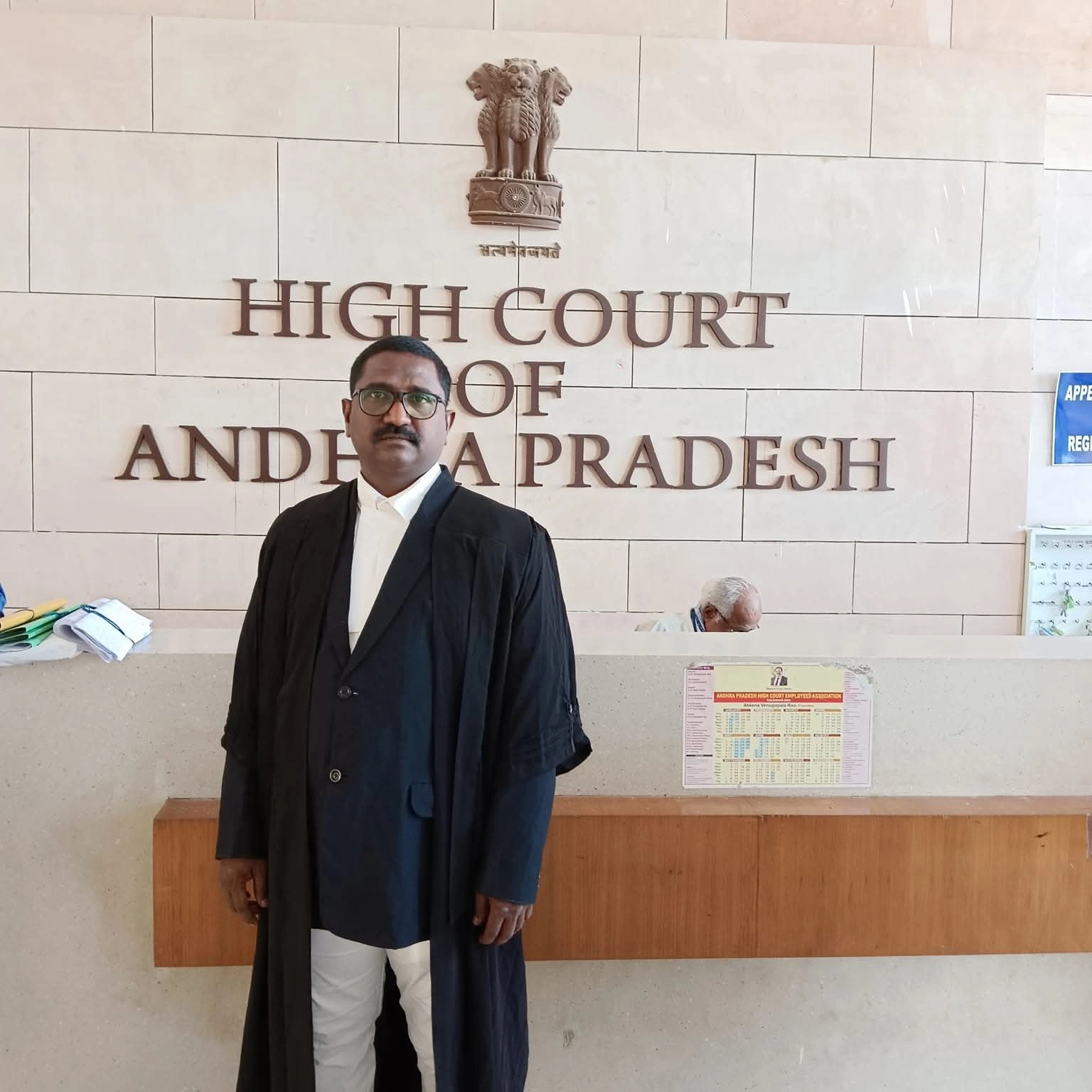Answer By law4u team
Yes, financial abuse or economic abuse is explicitly recognized as a form of domestic violence under the Protection of Women from Domestic Violence Act, 2005 (PWDVA) in India. The law acknowledges that economic abuse is a form of control and manipulation that can have a significant impact on the victim's financial independence, emotional well-being, and overall safety. Financial abuse is now considered a serious form of domestic violence that affects many women, often in ways that are less visible than physical abuse but equally damaging.
What Constitutes Financial Abuse?
Financial abuse or economic abuse involves controlling or restricting a victim’s access to financial resources, thereby limiting their ability to support themselves or make independent decisions. Some common forms of financial abuse include:
- Controlling Access to Money: The abuser may prevent the victim from accessing their bank accounts, credit cards, or any other financial resources.
- Withholding Money: The abuser might give the victim an insufficient amount of money for personal needs or withhold money entirely.
- Forcing the Victim to Take on Debt: Forcing the victim to take on loans, credit cards, or debts in their name and then refusing to help repay them.
- Financial Exploitation: Taking advantage of the victim’s assets or income without permission, such as spending the victim’s savings or selling assets without consent.
- Preventing Employment: The abuser may prevent the victim from working or interfere with their job in order to keep them financially dependent.
- Misusing Joint Assets: The abuser may control or misuse joint property or assets, causing financial strain on the victim.
Legal Recognition of Financial Abuse under Domestic Violence Laws in India
Under Section 3 of the Protection of Women from Domestic Violence Act, 2005, economic abuse is clearly recognized as a form of domestic violence. The law provides that if an individual denies the victim access to economic resources, it constitutes economic abuse, which is a violation of the victim's rights.
Economic Abuse Under PWDVA (2005): The Act defines economic abuse as:
- Deprivation of financial resources or access to financial support or benefits.
- Preventing the victim from obtaining or maintaining employment.
- Forcing the victim to take loans or selling assets without consent.
- Exploitation of the victim's finances.
Procedure for Including Financial Abuse in a Domestic Violence Complaint
Filing a Complaint:
- A victim of financial abuse can file a complaint under the Protection of Women from Domestic Violence Act, 2005, just as they would for other forms of domestic violence (physical, emotional, or sexual abuse).
- The victim can approach a Protection Officer, Magistrate's Court, or Police Station to file a Domestic Incident Report (DIR) under Section 12 of the PWDVA.
Domestic Incident Report (DIR):
- In the Domestic Incident Report, the victim should clearly outline the financial abuse they have experienced. This could include instances where the abuser has controlled access to money, forced them into debt, or prevented them from earning a livelihood.
- The DIR should include any documents, such as financial records, bank statements, or evidence of withholding money, if available.
Court Orders and Relief:
- The Magistrate can issue protection orders to prevent further economic abuse. This may include orders to ensure the victim has access to financial resources, maintenance, or financial independence.
- The victim can also seek monetary relief under Section 20 of the PWDVA. This can include compensation for medical, legal, and other expenses, as well as any maintenance or alimony.
- The court can direct the abuser to provide for the victim’s housing, food, and medical needs. It can also order the abuser to pay the victim’s legal fees and expenses incurred due to the abuse.
Relief Under the PWDVA:
The victim may receive the following forms of relief under the PWDVA, depending on the severity of the financial abuse:
- Protection Orders: These orders prevent the abuser from engaging in further economic abuse.
- Monetary Relief: The victim may be entitled to compensation for loss of income, medical bills, emotional distress, or other damages caused by the financial abuse.
- Custody of Children: If financial abuse is linked to neglect or harm to children, the victim can seek custody of the children.
- Right to Residence: The court may direct that the victim has the right to stay in the shared household or another place of her choice.
- Compensation for Emotional Distress: The court can also order compensation for the emotional and psychological trauma caused by the abuse.
Example:
A woman, Sita, is financially dependent on her husband, who controls all their household finances. Over time, he withholds money for her personal needs, refuses to let her work, and forces her to take out loans in her name while he spends the money. Sita is left with no income and a mounting debt that she is unable to repay.
- Step 1: Sita approaches a Protection Officer and files a Domestic Incident Report (DIR) under the Protection of Women from Domestic Violence Act, 2005.
- Step 2: She presents evidence of the financial abuse, such as bank records, loan documents, and proof of the abuser’s refusal to allow her access to the family’s finances.
- Step 3: The Magistrate issues a protection order against her husband, ensuring he no longer controls her finances. Sita is awarded monetary relief to help cover her debt and expenses, as well as maintenance for her living costs.
- Step 4: Additionally, the court grants Sita the right to live in the shared household and directs her husband to pay for her legal expenses.
Conclusion:
Yes, financial abuse can and should be included in domestic violence complaints. Under the Protection of Women from Domestic Violence Act, 2005, economic abuse is recognized as a form of domestic violence, and victims have the legal right to seek protection, relief, and compensation. Financial abuse is often a form of control, and the law provides mechanisms for victims to regain their financial independence, ensure maintenance, and prevent further exploitation. Victims of financial abuse can approach Protection Officers, Magistrates, and family courts to seek justice and protection under this law.






